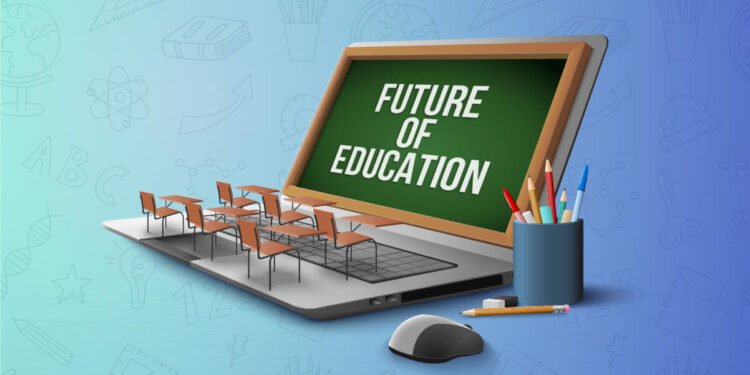As education continues to evolve, integrating technology has played a crucial role in reshaping the traditional classroom experience. From interactive learning platforms and educational apps to personalized learning with the aid of artificial intelligence (AI), the digital transformation of education has ushered in a new era of dynamic and adaptive learning environments that cater to student’s diverse needs and learning styles.
Integrating Technology for Interactive Learning
Technology integration in education has paved the way for interactive learning experiences that foster student engagement and participation. Educational tools and platforms that incorporate multimedia elements, interactive quizzes, and gamified learning modules enhance student understanding and encourage active involvement in the learning process. By leveraging technology for interactive learning, educators can create immersive and dynamic classroom environments that promote collaborative learning, critical thinking, and student knowledge retention.
The Role of Educational Apps in Student Engagement
Educational apps have become invaluable tools for promoting student engagement and facilitating active learning experiences. These apps offer various interactive features, such as digital textbooks, multimedia resources, and educational games that cater to diverse learning styles and preferences. By providing accessible and user-friendly platforms for learning, educational apps empower students to explore academic content at their own pace and in a way that resonates with their interests and learning needs.
Augmented Reality in Education: A New Dimension of Learning
Integrating augmented reality (AR) in education has introduced a new dimension of immersive and experiential learning. By overlaying digital content onto the physical world, AR technology enables students to visualize complex concepts, explore virtual environments, and engage in interactive simulations that bring abstract ideas to life. From virtual field trips to interactive science experiments, AR applications in education foster deeper comprehension and retention of academic material, making learning more engaging and impactful for students.
Personalized Learning and AI: Customizing Education for Every Student
Personalized learning, facilitated by the power of artificial intelligence (AI), has revolutionized the education landscape by tailoring educational experiences to each student’s individual needs and learning abilities. AI-powered adaptive learning platforms leverage data analytics and machine learning algorithms to assess students’ strengths and weaknesses, customize learning paths, and provide targeted educational interventions. By offering personalized learning experiences, educators can cater to diverse learning styles and academic capabilities, fostering a more inclusive and supportive learning environment for all students.
AI-Powered Adaptive Learning Platforms for Individualized Education
AI-powered adaptive learning platforms have proven to be effective in providing individualized education that addresses the specific learning needs of each student. These platforms use data-driven insights and predictive analytics to identify students learning gaps, recommend targeted learning materials, and track real-time progress. By adapting the learning pace and content delivery to each student’s proficiency level and learning preferences, AI-powered adaptive learning platforms enhance student engagement, promote academic success, and cultivate a more comprehensive understanding of complex theoretical concepts.
The Benefits and Challenges of Implementing Personalized Learning
While personalized learning offers numerous benefits for students and educators, its implementation also presents specific challenges that must be addressed. The benefits of customized learning include improved student engagement, enhanced academic performance, and a more student-centered approach to education. However, challenges such as the need for robust technological infrastructure, practical teacher training, and data privacy concerns must be carefully navigated to ensure the successful integration of personalized learning practices in the modern educational landscape.
Sum Up
The evolution of technology in modern education has led to the emergence of interactive learning experiences, augmented reality applications, and personalized learning facilitated by AI. By integrating technology into the classroom, educators can create dynamic and adaptive learning environments that cater to students’ diverse needs and learning styles, fostering a more engaging, inclusive, and effective educational experience.




